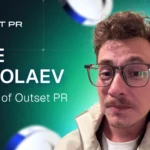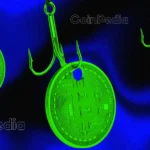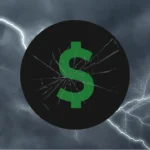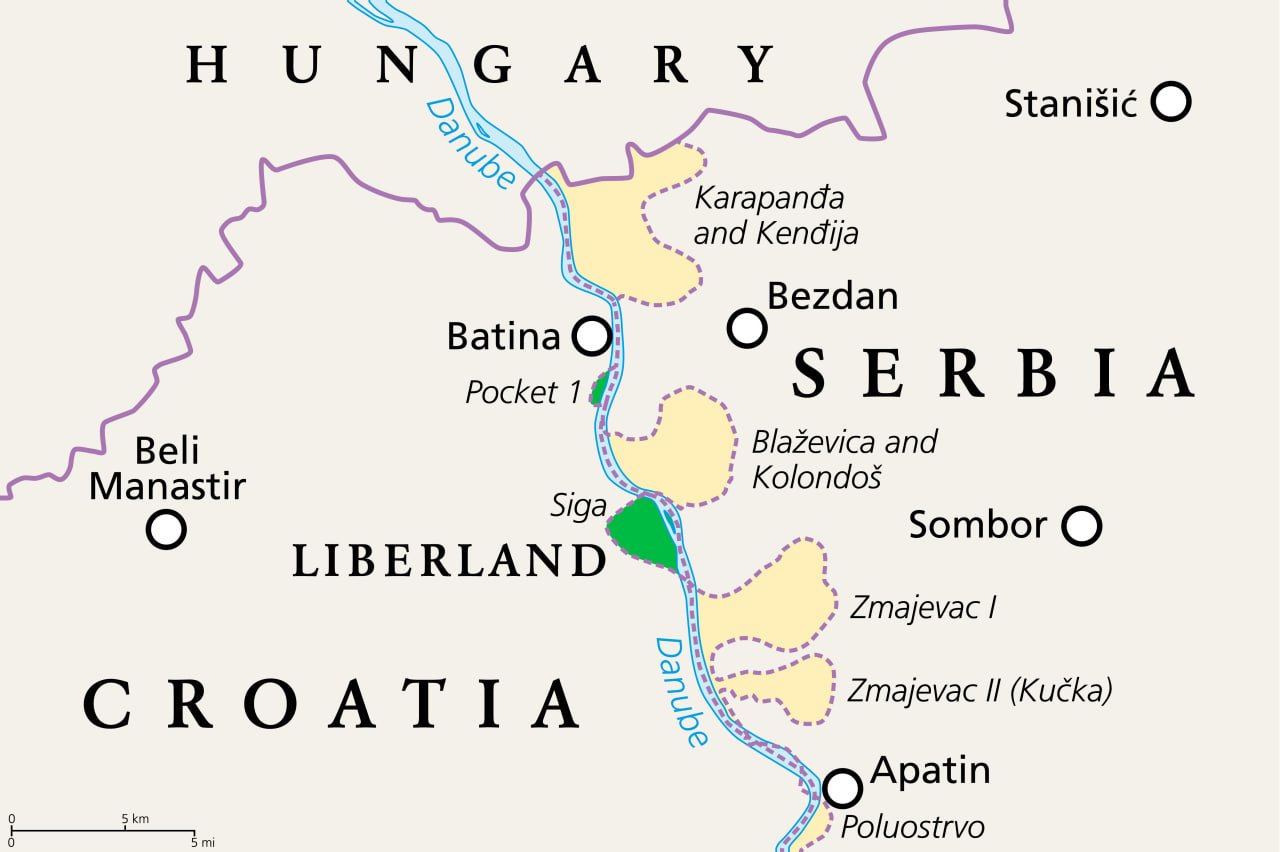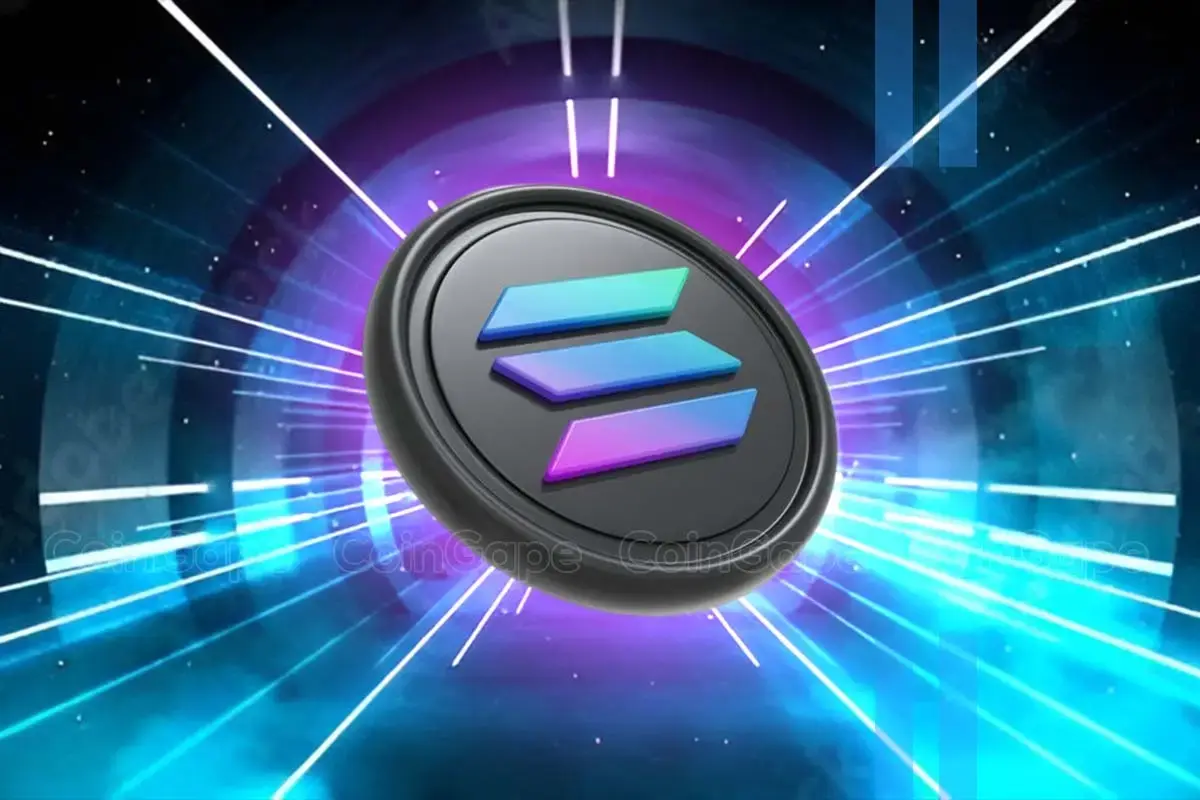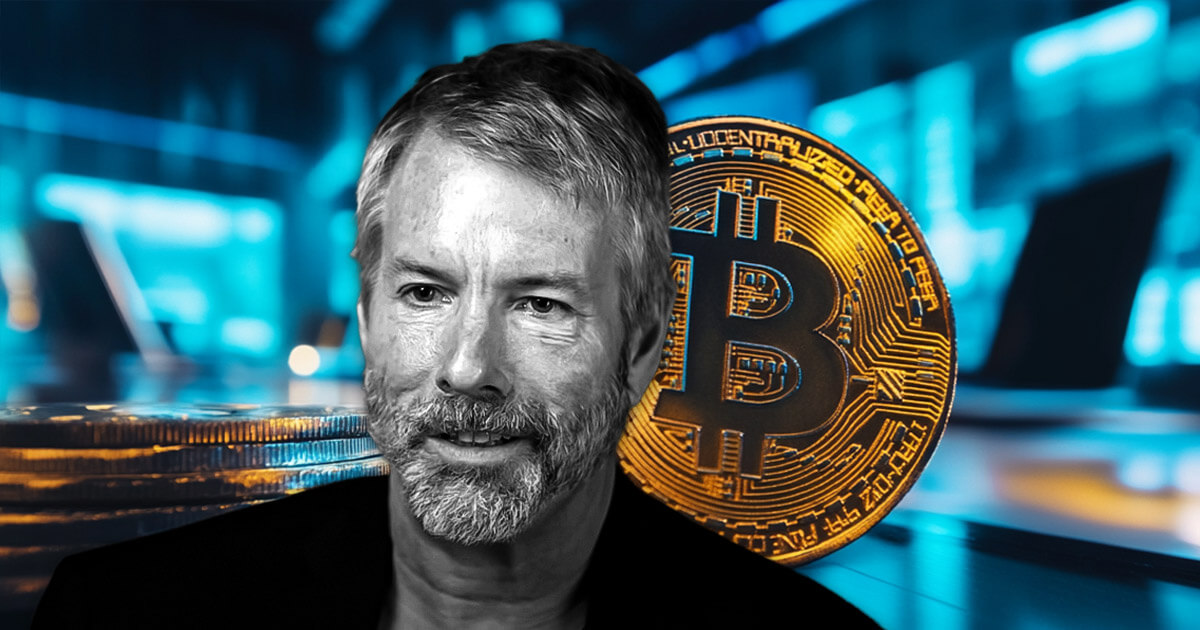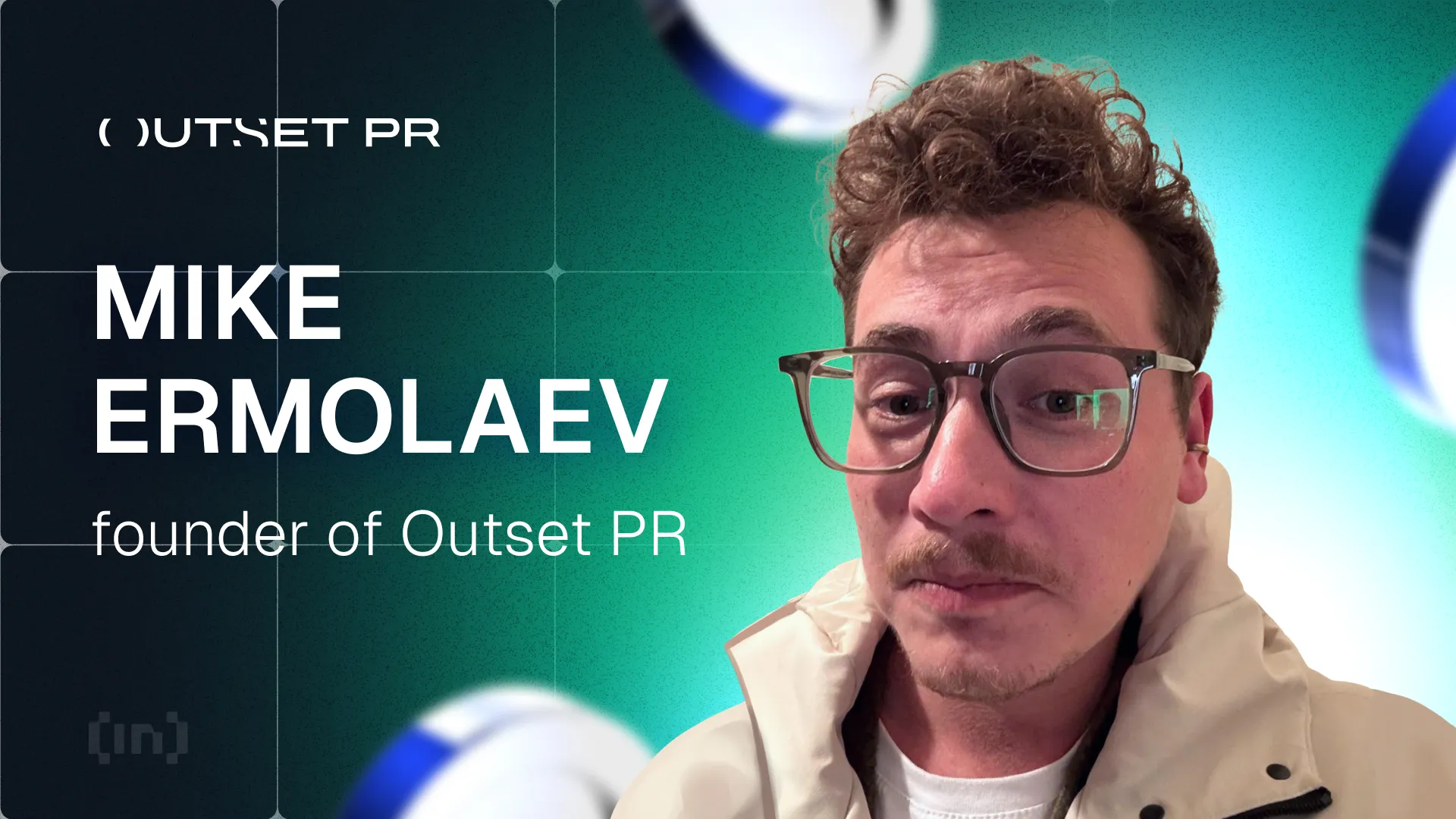The Free Republic of Liberland is one of the most intriguing and ambitious experiments in modern statecraft. Officially proclaimed on April 13, 2015, by Vít Jedlička, Liberland is a self-declared sovereign nation nestled on a small, unclaimed strip of land between Croatia and Serbia, along the western bank of the Danube River. With a total area of just 7 square kilometers, this microstate is the third smallest in the world, after the Vatican and Monaco.
What sets Liberland apart from other micronations is its core philosophy of libertarianism. Its motto, “To live and let live,” reflects a vision of minimal government interference, personal freedom, and economic liberty. The nation’s founders seek to create a society where individual rights are prioritized, taxation is voluntary, and governance is built on direct democracy and blockchain technology. Despite facing significant legal and diplomatic challenges, the micronation has captured the attention of a global audience, particularly among those interested in cryptocurrency, libertarianism, and digital governance.
This article explores the history, legal status, and vision of Liberland, examining how this small territory has sparked debates about sovereignty, governance, and the future of nation-states in a rapidly changing world.
Historical Context of Liberland
The establishment of Liberland is deeply tied to a long-standing border dispute between Croatia and Serbia, stemming from changes in the Danube River’s course in the late 19th and early 20th centuries.
The river, which serves as a natural border between the two countries, underwent hydroengineering alterations that shifted parts of Croatia’s historical territory to the Serbian side and vice versa. This left small parcels of land in a state of ambiguity, with each country claiming the other was responsible for them.

One such parcel, a 7 km² area known as Gornja Siga, remained unclaimed for decades after the dissolution of Yugoslavia in 1991. This piece of land became the focal point for Vít Jedlička, a Czech politician and libertarian activist. On April 13, 2015, Jedlička and his supporters proclaimed this no man’s land as the Free Republic of Liberland, asserting it as a sovereign state based on the principle of terra nullius—land belonging to no one.
The choice of Gornja Siga was strategic. The founders ensured that the micronationn’s borders did not infringe on the territory of either Croatia or Serbia, staying clear of any potential violations of international law. Despite this, Croatia has challenged attempts to establish a permanent settlement, citing legal concerns, while Serbia has remained largely neutral, signaling tacit acceptance of the situation. Since its declaration, Liberland has positioned itself as a new model for nation-building, claiming to uphold the highest standards of personal and economic freedom.
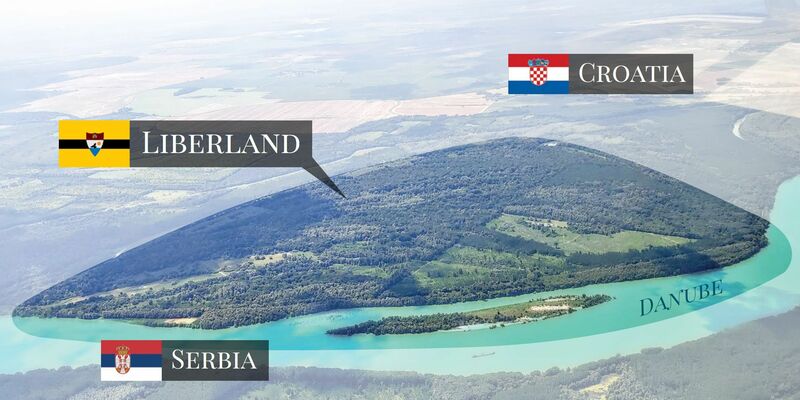
The story of the micronation is unique because it represents not only an effort to establish a new country but also a response to the complexities of modern border politics. In a region with a tumultuous history of territorial disputes, its formation has become a symbolic assertion of libertarian ideals, contrasting sharply with traditional state models in the Balkans.
Location and Geography
Liberland, officially known as the Free Republic of Liberland, is located on a small, 7 km² piece of land situated between Croatia and Serbia. This area, known as Gornja Siga, lies on the western bank of the Danube River, at the coordinates 45° 46′ N, 18° 52′ E. The territory is notable for being part of a border dispute between the two neighboring countries, which has resulted in it remaining unclaimed by either. As a result, the country has been able to declare itself a sovereign state, free from any existing territorial claims.
To answer the question “Where is Liberland?” — the land is nestled between the Croatian town of Zmajevac and the Serbian village of Bački Monoštor, in a relatively remote and undeveloped region. The location is often described as marshy, with forested areas and little infrastructure. This natural isolation has helped maintain the area’s status as an unclaimed land, making it a prime target for those looking to establish an independent state.
Liberland’s small size often prompts the question, “How big is Liberland?” At just 7 square kilometers, it ranks as the third smallest country in the world, trailing only behind the Vatican and Monaco. Despite its modest dimensions, its founders view its size as an advantage, offering the potential to create a tight-knit community with a focus on personal and economic freedoms.
Geographically, Liberland benefits from its proximity to the Danube River, one of Europe’s major waterways. This strategic location provides access to transport routes, making the territory accessible by boat, and offers potential for development despite its otherwise undeveloped nature. However, the lack of formal recognition from its neighbors and ongoing legal challenges have complicated efforts to establish permanent settlements or infrastructure within the territory.
Liberland’s unique geographical situation has fueled interest not only from adventurers and libertarians but also from individuals intrigued by the concept of micronations. The geographical and political characteristics of the land have made it a symbol of experimentation with new forms of governance and sovereignty.
Political Structure
The Free Republic of Liberland operates under a unique political system that combines elements of both direct democracy and a do-ocracy, where individuals take initiative and responsibility for projects. The Liberland president, Vít Jedlička, who is also the founder, plays a central role in the governance of the country. The micronation’s de jure (by law) system is a constitutional republic with elements of direct democracy, where citizens are empowered to vote on legislation and decisions directly. However, its de facto (in practice) governance is currently a provisional do-ocracy, where volunteers and officials take on roles based on merit and initiative, reflecting the country’s libertarian values.
Its political structure is guided by its foundational principles of minimal government interference and maximal personal freedom. The country’s motto, “To live and let live,” is deeply embedded in its governance, where the state’s role is restricted to essential services, and most decisions are made by the citizens themselves. Liberland’s constitution, which is built on libertarian principles, aims to create a government that is transparent, accountable, and limited in power.
A notable feature of its governance model is its use of blockchain technology. This innovation is central to how the country’s citizens participate in the political process. The Liberland Blockchain allows for decentralized decision-making, with citizens able to vote on referendums and proposals directly from anywhere in the world. The blockchain also ensures that all governance processes, including elections and the legislative process, are transparent and secure, minimizing the risk of corruption or manipulation.
The government is headed by the Liberland president, Vít Jedlička, alongside a small cabinet of ministers who oversee various aspects of the state. For example, Boguslaw Wozniak serves as the Vice President, while Thomas D. Walls manages foreign affairs, Navid Saberin oversees finance, and Michal Ptáčník administers justice. Despite the provisional nature of the government, these officials are responsible for maintaining relations with other countries, managing financial resources, and handling legal matters.

While Liberland’s political structure is still evolving, its direct democracy and blockchain-based governance are core to its identity as a modern libertarian state. This system empowers citizens, allowing them to have a direct say in how their country is run and ensuring that the Liberland population has a voice in every key decision.
The micronation’s approach to governance is a bold experiment in decentralization and citizen empowerment, attracting global attention, particularly from those interested in blockchain, Bitcoin, libertarianism, and alternative governance models. The goal is to create a system where the Liberland passport and citizenship provide not just freedom from traditional state interference, but a meaningful say in how the country is run.

Legal and Diplomatic Status
Since its proclamation in 2015, the Free Republic of Liberland has been navigating the complex realm of international law and diplomacy. While it fulfills the criteria for statehood under the Montevideo Convention—which requires a permanent population, a defined territory, a government, and the capacity to engage in international relations—Liberland remains unrecognized by most countries. However, this has not deterred Liberland president Vít Jedlička and his government from pursuing formal recognition on the global stage.
Liberland’s claim to sovereignty is built on the principle of terra nullius, meaning that the land was not claimed by any other country at the time of its declaration. The territory lies between Croatia and Serbia, and due to an unresolved border dispute between the two nations, neither has laid claim to the 7 km² area of Gornja Siga. This legal ambiguity allowed them to declare independence without infringing on the sovereignty of either nation.
Despite the initial diplomatic challenges, Liberland has made strides in securing informal support. Several politicians and public figures, including Ron Paul (former U.S. Congressman) and Javier Milei (President of Argentina), have expressed public support for the micronation’s vision. Additionally, memoranda of understanding have been signed with political parties in El Salvador, Argentina, and Somaliland. These agreements signal potential future recognition, but they fall short of full diplomatic acknowledgment.
Relations with neighboring countries remain complex. Serbia has largely taken a neutral stance on Liberland’s existence, with no formal objection to the state’s declaration. On the other hand, Croatia has periodically intervened, citing concerns about border security and legal status. Croatian authorities have dismantled the micronation’s temporary settlements and fined individuals attempting to establish a permanent presence in the region. However, Croatian courts have been inconsistent in enforcing these penalties, with many charges being dropped on the grounds that the incidents occurred outside of Croatia’s official territory.
The Liberland passport has become a symbol of the country’s aspiration for statehood. Although it is not widely accepted for international travel, the passport has been issued to over 1,000 Liberland citizens as part of its effort to formalize its population. In addition, it offers E-residency, which allows individuals to participate in the nation’s digital and economic activities through the Liberland Blockchain. This has attracted a significant number of applications, with over 750,000 people expressing interest in Liberland citizenship.
Legally, the micronation continues to argue that its foundation is fully consistent with international norms. It has not violated the territorial integrity of any other nation, and its establishment was peaceful, without the use of force. The country’s government believes that with time, it will gain more formal recognition, particularly as it expands its economic footprint and increases its population of residents, both physical and digital.
In the international community, the micrronation remains a controversial topic, with its legitimacy often questioned. However, its innovative use of blockchain for governance, its voluntary tax system, and its libertarian ideals continue to attract attention, both positive and negative. The government’s primary focus moving forward is to build relationships with sympathetic political figures and secure more diplomatic support, which could lead to eventual recognition as a full-fledged sovereign state.
One of the most unique aspects of the Free Republic of Liberland is its approach to economics and governance, which is heavily reliant on blockchain technology. From its inception, the micronation has embraced a decentralized and crypto-friendly economic model, designed to minimize government intervention and maximize personal and economic freedom. The integration of blockchain into nearly every facet of Liberland’s governance has made it a point of interest for those in the cryptocurrency and libertarian communities.
The Liberland Blockchain serves as the backbone of the country’s governance and economic systems. This blockchain-based infrastructure supports everything from voting and lawmaking to the registration of businesses and assets. Liberland’s adoption of smart contracts allows for legal agreements to be enforced in an efficient and transparent manner. By utilizing blockchain for governance, Liberland aims to eliminate corruption and inefficiencies often associated with traditional governmental systems.
A key component of Liberland’s economic framework is its two native cryptocurrencies: the Liberland Dollar (LLD) and Liberland Merit (LLM). Each serves distinct purposes within the nation’s economy and governance.
- Liberland Dollar (LLD): This is the operational token of the Liberland Blockchain, similar to Ethereum’s ETH or Polkadot’s DOT. The LLD is used to pay for transactions, gas fees, and contracts within the Liberland ecosystem. It also plays a critical role in the functioning of on-chain businesses and courts, where every transaction or legal process requires the use of LLD. However, it is not used for political purposes, ensuring a separation of economic and governance functions.
- Liberland Merit (LLM): This token represents political power in Liberland. Citizens earn LLM by contributing to the development of the nation, whether through voluntary taxes, public service, or other forms of engagement. LLM is the currency of voting rights in Liberland’s direct democracy system, allowing citizens to participate in elections, referendums, and governance decisions. To become a citizen, individuals must stake at least 5,000 LLM and pass a Know Your Customer (KYC) process. With a capped supply of 70 million LLM, it remains a limited and valuable resource.
The Liberland economic model is also driven by the principle of voluntary taxation. In Liberland, taxes are not compulsory, which aligns with the country’s libertarian values. Instead, citizens contribute to the state’s treasury voluntarily, funding specific projects or general government functions. This system is known as PolitiPooling, where citizens can pool their LLM as a form of tax contribution. In return, they gain political influence proportional to their contributions, creating a direct link between taxation and political representation.
Moreover, the Liberland Blockchain provides tools for businesses to operate entirely on-chain. This allows companies to manage shares, governance, and contracts transparently and securely, with full legal status under the mcironation’s law. By registering businesses on the blockchain, entrepreneurs can avoid the bureaucracy and high costs associated with traditional state-run economies.
In addition to the blockchain economy, NFTs (non-fungible tokens) are used within the micronation to represent ownership of physical and digital assets, such as land and vehicles. These NFTs, tied to the Liberland Blockchain, ensure that property rights are secure and easily transferable, which is particularly important for a country that emphasizes minimal government control over private property.
This forward-thinking approach to economic governance is a key aspect of Liberland’s appeal. Its crypto-friendly environment has attracted entrepreneurs, investors, and individuals interested in operating businesses in a low-regulation, blockchain-driven jurisdiction. By positioning itself as a hub for blockchain and cryptocurrency innovation, the micronation aims to create an economy that is decentralized, transparent, and open to global participants.
Despite its innovative economic model, the micronation faces significant challenges. The lack of international recognition limits its ability to engage in formal trade agreements or establish traditional banking relations. However, its reliance on blockchain technology and cryptocurrencies helps circumvent these barriers, offering a financial infrastructure that operates independently of traditional systems.
As Liberland’s population grows and its blockchain ecosystem develops further, the country hopes to attract more investment and entrepreneurial activity, ultimately becoming a model for libertarian and blockchain-based governance worldwide.
Social and Cultural Aspects
The Free Republic of Liberland is not just an experiment in governance and economics but also in how communities can be built on principles of freedom, decentralization, and minimal government interference. The Liberland population is a diverse group of individuals, largely made up of libertarian thinkers, adventurers, and cryptocurrency enthusiasts who are drawn to the idea of creating a new society where personal and economic freedom are paramount. While the physical population residing within the micronation itself is small, the country has a growing number of citizens and E-residents from around the world, many of whom are actively involved in shaping the nation’s future.
As of 2024, Liberland has around 1,000 registered citizens and over 750,000 applications for citizenship, showing significant global interest in the project. Most citizens do not live within Liberland’s borders, as permanent settlement has been difficult due to the ongoing border dispute with Croatia, but they engage in the nation’s digital and political life through E-residency and the Liberland Blockchain. E-residency allows people from around the world to become virtual citizens of Liberland, contributing to its economy, governance, and community without physically living there.
The citizenship program is unique in that it rewards contributions to the state. Individuals earn Liberland Merit (LLM) by supporting the development of the nation through voluntary contributions, services, or investments. Those who accumulate enough LLM can apply for Liberland citizenship after passing a KYC (Know Your Customer) process, ensuring transparency and security. This system aligns with the country’s libertarian ideals, as it prioritizes individual initiative and voluntary participation over traditional state-imposed citizenship criteria.
Despite the small size of the physical Liberland population, the nation has already hosted various cultural and social events. Since Liberland was permanently inhabited by campers, adventurers, and boat-dwellers in 2023, the community has organized sporting competitions, weddings, and gatherings, all celebrating the nation’s commitment to freedom and individuality. These events not only help to establish a sense of identity among Liberland citizens but also demonstrate the potential for permanent, peaceful settlements in the future.
Liberland’s cultural identity is deeply tied to its libertarian values. Its motto, “To live and let live,” reflects a society built on the principles of minimal government interference and maximal personal freedom. This belief extends to both economic freedom, where taxes are voluntary, and social freedom, where individuals have broad rights to self-determination. Liberland’s citizens are free to engage in activities without excessive regulation, making it an attractive destination for those seeking to escape the heavy-handed policies of traditional states.
A significant portion of Liberland’s social life revolves around its crypto-friendly environment. Cryptocurrency and blockchain technology are integral to how Liberland operates, from governance to economic transactions. As such, the country has become a hub for blockchain enthusiasts and entrepreneurs looking to build on-chain businesses in a low-regulation environment. This has fostered a global community of like-minded individuals who are passionate about creating a new kind of society—one based on voluntary cooperation, innovation, and decentralization.
Although Liberland is small and its physical settlement is still in the early stages, its E-residency program has allowed the country to expand its reach far beyond its borders. This virtual citizenship enables people to become a part of the Liberland community, participate in its political processes, and contribute to its economy without needing to relocate. This has created a truly global society, where individuals from different countries and cultures can engage in a shared vision of freedom.
While the micronation’s focus is largely on economic freedom and blockchain governance, the country’s founders envision a future where a thriving physical community will develop within its borders. Permanent settlements, cultural institutions, and a growing Liberland population are all part of the long-term vision for the country, alongside its efforts to gain international recognition. As the nation continues to evolve, its social and cultural identity will likely play a key role in defining its place in the world.
Challenges and Criticism
While the Free Republic of Liberland has garnered international attention for its innovative approach to governance and economy, it faces significant challenges and criticism. As with many micronations, the path to widespread recognition and sustainable development is fraught with obstacles, ranging from legal disputes to skepticism about its viability as a sovereign state.
One of the most persistent challenges is its tenuous legal status. Although the country claims to meet the criteria for statehood under the Montevideo Convention—which requires a defined territory, a permanent population, a government, and the ability to engage in international relations—it has yet to be formally recognized by any major international organization or government. This lack of recognition limits the micronation’s ability to function as a conventional nation-state. Its citizens face restrictions in using their Liberland passport for travel, as the document is not widely accepted. Additionally, without recognition, the micronation cannot easily engage in international trade or diplomatic relations, further hampering its development.
At the heart of the issue is the border dispute between Croatia and Serbia, which has kept Gornja Siga—the land claimed by Liberland—in a state of legal limbo. Croatia, in particular, has been vocal in opposing the establishment of a permanent settlement in the area. Croatian authorities have repeatedly dismantled temporary settlements and fined individuals attempting to settle in Liberland for activities such as illegal camping. However, Croatia has not formally claimed the land, as it argues the dispute stems from historical boundary lines that favor Serbia. This creates a unique legal situation in which the micronation remains unclaimed by either country but is not free from interference.
Another challenge is the difficulty in establishing a permanent population. Although Liberland’s population has grown digitally through its E-residency and citizenship programs, physical residency remains a point of contention. Croatian border police regularly patrol the area and have intervened in settlement attempts, though Croatian courts have often dropped charges against Liberlanders on the grounds that the incidents do not take place within Croatia’s official borders. Until a resolution is reached in the border dispute, any significant infrastructure development or permanent settlement in the micronation will remain legally precarious.
The micronation has also faced criticism for its ambitious vision of a libertarian utopia. Critics argue that the country’s emphasis on minimal government, voluntary taxes, and blockchain governance could lead to social inequality and governance challenges. The idea that citizens’ political power is tied to their Liberland Merit (LLM) holdings, which are earned through contributions to the state, has raised concerns that the wealthiest individuals would have disproportionate influence over the nation’s governance. This concept of “pay-to-vote” politics has been criticized for potentially creating a system where the rich have greater control over the country’s future than ordinary citizens.
Additionally, while its blockchain-based governance is innovative, it has also been met with skepticism. The use of smart contracts and decentralized voting systems is still a relatively new approach, and many question whether it can effectively manage the complexities of running a country. Blockchain technology is highly secure and transparent, but some argue it lacks the flexibility needed for large-scale governance and may not be able to address unforeseen social or political challenges.
Another point of contention is the limited presence of Liberland’s citizens on the actual territory. The Liberland government operates primarily online, and the physical territory has remained largely undeveloped since its founding in 2015. This has led some critics to label Liberland as more of a symbolic or ideological project than a practical attempt to build a functioning country. Detractors question whether Liberland’s vision of a free society, governed by minimal regulations and blockchain technology, can ever be realized beyond digital spaces and theoretical discussions.
Furthermore, some opponents have raised concerns about the social implications of Liberland’s libertarian model. With minimal state intervention in social services, labor laws, and welfare, critics argue that the micronation may not provide adequate protections for its citizens. In such a system, those who are unable to contribute economically could be left without the safety nets commonly provided by traditional governments. This could lead to social disparities and a lack of cohesion within the Liberland population.
Despite these criticisms, the Liberland president, Vít Jedlička, and his supporters remain optimistic. They argue that the country’s challenges are part of its growing pains and believe that with time, international recognition and a stable population will be achieved. The use of blockchain technology and decentralized governance is seen as a way to overcome many of the inefficiencies of traditional states, and the government continues to attract global attention for its bold approach to nation-building.
In conclusion, while Liberland represents a radical and innovative attempt to create a new form of governance, it faces significant legal, social, and logistical challenges. The lack of formal recognition, ongoing legal disputes, and criticisms of its economic and political model present obstacles that must be addressed if the micronation is to succeed in becoming a fully functioning state.
Frequently Asked Questions (FAQ)
1. How big is Liberland?
Liberland covers an area of approximately 7 square kilometers (2.7 square miles), making it the third smallest sovereign state in the world, after the Vatican and Monaco. Despite its small size, the Free Republic of Liberland aims to build a community that upholds personal freedom and minimal government interference.
2. Where is Liberland?
Liberland is located on the western bank of the Danube River, between Croatia and Serbia. The specific coordinates are 45° 46′ N, 18° 52′ E, and the area is referred to as Gornja Siga. It lies in a region that has remained unclaimed due to a border dispute between the two neighboring countries.
3. What is Liberland?
Liberland is a self-declared sovereign state, officially known as the Free Republic of Liberland. Founded on April 13, 2015, by Vít Jedlička, it is a micronation based on libertarian ideals, emphasizing personal and economic freedom. The country aims to create a new model of governance using blockchain technology and a voluntary tax system, with a focus on minimal government interference.
4. How to become a citizen of Liberland?
To become a citizen of Liberland, individuals must contribute to the development of the state, typically by earning Liberland Merit (LLM), the country’s political token. Prospective citizens are required to accumulate 5,000 LLM and pass a Know Your Customer (KYC) process. The micronation also offers E-residency, allowing people from around the world to participate in the nation’s activities digitally, even if they do not live within the territory.
5. When was Liberland founded?
Liberland was founded on April 13, 2015, by Vít Jedlička, a Czech politician and libertarian activist. The territory was declared as an independent nation on a piece of land known as Gornja Siga, which had remained unclaimed following the breakup of Yugoslavia.
6. Why does Croatia guard Liberland?
Croatia guards Liberland primarily due to its position in an unresolved border dispute with Serbia. While Croatia does not claim Liberland’s territory for itself, it monitors and occasionally intervenes in activities on the land to maintain order and ensure that no permanent settlements are established without legal clarity.
7. Why is Liberland guarded?
Liberland is guarded as part of Croatia’s effort to prevent unauthorized settlements or activities in the disputed Gornja Siga region. Although the land is not officially claimed by Croatia, its border police patrol the area to uphold Croatia’s interpretation of territorial agreements with Serbia, ensuring that no permanent or unregulated developments occur.
8. Who was the first person on Liberland?
The first person to proclaim and settle in was its founder, Vít Jedlička, who declared the territory independent on April 13, 2015. He, along with a small group of supporters, planted the Liberland flag to mark the official establishment of the new nation.
9. Who owns Liberland?
Technically, Liberland is considered to be terra nullius, meaning that it was not claimed by any state or private entity prior to its founding. The government asserts ownership over the territory, and it is governed by its citizens under a constitutional republic with elements of direct democracy. The land remains in a disputed legal status, but Liberland operates as a self-declared sovereign nation.
10. How many people live in Liberland?
As of 2024, there are a few permanent settlers in Liberland, with most of its citizens living elsewhere. However, Liberland has issued over 1,000 passports and has around 750,000 applications for citizenship. The country also has a significant number of E-residents who participate in its digital governance and economy.




